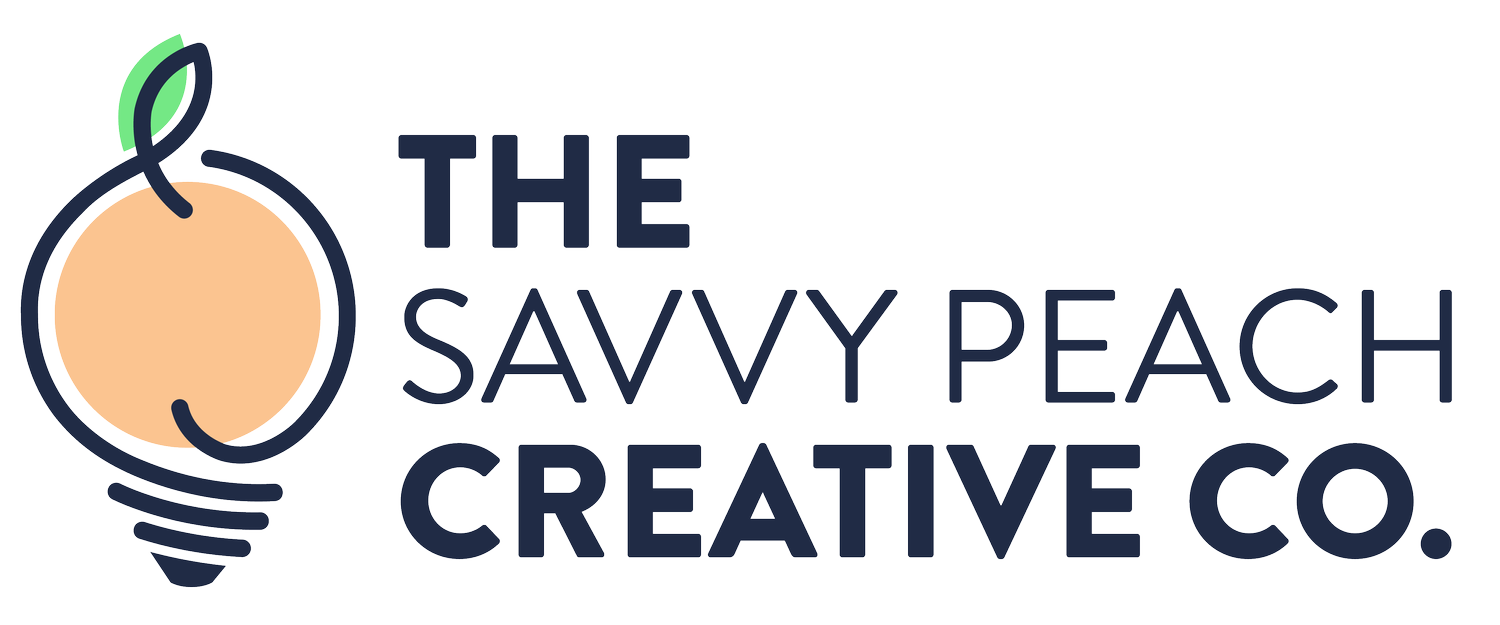Defining Your Ideal Client
“Ideal client” seems to be quite the buzzword these days. It seems to be that everyone is working to define their ideal client. This is a great business practice, as it does help you to figure out your branding and marketing. Once you have an ideal client outlined, you can begin to target marketing efforts (ie: social media posts, newsletters, even mailed advertisements) specifically. Today, I’ll be sharing some things to think about as you are trying to define who your ideal client is.
Note: by defining your ideal client, you are not excluding working with or selling your products to anyone else. But rather, you are deciding who you want to work with and how to best target them. Additionally, this is just an internal business exercise. This isn’t necessarily something you would share. You might word things on your marketing efforts and website to appeal to specific clients, but you wouldn’t necessarily share that others fall outside of your ideal client description.
Things to consider when defining your ideal client:
- How old are they?
- What about gender?
- Where do they live?
- What does their family look like? Are they single? Married? Parents?
- What are their hobbies?
- Are they also fellow business owners? If yes, are they an entrepreneur, small business owner, larger company?
- Are they stay at home parents?
- If they don’t own their own business, what is their career?
- What about their educational background?
- Do they identify with a certain religion?
- What about socioeconomic status?
- What are their needs? How are you helping with these?
These are just a few things to consider when working to define your ideal client. Not all of the above criteria will apply. For example your ideal client may be a female, ages 20-40, who owns their own creative business, and is looking for marketing help. On the other hand, someone else’s ideal client might be small to mid-size businesses, located in the US, primarily in the traditional business field, who needs legal assistance.
Depending on your ideal client, you would chose to focus your marketing efforts on different platforms.
For example, if you are targeting a younger crowd (say teenagers), Snapchat and Instagram may be where you want to focus your efforts. You might also find that affiliate marketing works well, because teenagers tend to trust recommendations from friends and others their age. However, if you are a lawyer who wants to work with small businesses on creating their contracts and forms, you would market in a different way. LinkedIn and a marketing newsletter may be better suited for you. You would likely want to share posts and articles you’ve written that help to demonstrate your expertise, while sharing helpful information to your ideal client so that they feel like they can trust you.
Have you defined your ideal client? Did you find the above questions helpful? What else would you add?


